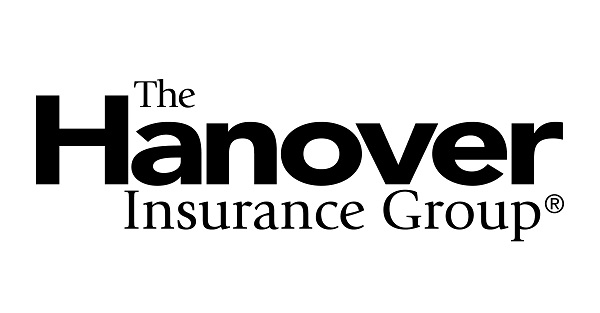5 Questions to Help You Assess Inland Marine Risk

When business owners first hear the term “marine insurance,” they may understandably immediately think of a big cargo ship on the water. Independent agents are tasked with bringing their attention back to land, where business owners face numerous risks that often require high-quality, dependable inland marine insurance—whether their risks are onsite, off-site, in transit or under construction.
It can be challenging for some business owners to understand where inland marine insurance comes into play. Often, business owners mistakenly believe property policies will cover all their property-related risks. But the truth is an increasing number of businesses of all sizes need inland marine insurance to address specific property risks, and agents can help their clients recognize these areas of potential coverage shortfalls.
One client base in particular that can benefit from independent agents’ expertise is small businesses, with 69% of small businesses reporting they engage in one or more activities that present a marine risk, according to a recent study by The Hanover.
Here are five questions that can help identify potential vulnerabilities and the need for inland marine coverage. These include:
1) Does the business have buildings or structures under construction? Standard commercial property policies may exclude or may not fully cover claims related to buildings under construction or renovation.
2) Does the business have property that’s frequently moving to different locations? Certain businesses frequently move equipment from one location to another—for instance, construction, broadcasting, consulting and landscaping. That property is exposed to loss as it moves from location to location. Standard commercial property policies may exclude or may not fully cover business property in transit.
3) Does the business have employees who transport tools, equipment or other items for work purposes? Standard commercial property insurance typically provides only minimal limits for employee tools and equipment, such as a contractor’s tools brought to each job site.
4) Does the business have any property stored off-site? Standard commercial property policies may exclude or may not fully cover property stored at different locations. Yet space comes at a premium for many businesses, so they often turn to off-site storage facilities when they run out of room, such as a manufacturer’s backup supply of raw materials or a retailer’s unsold inventory.
5) Does the business have specialized, high-value property? Objects of great value, such as high-value artwork and customized manufacturing machinery, are not typically covered by standard commercial property insurance.
A “yes” answer to any of these questions indicates the business may be better protected by adding inland marine protection.
Independent agents can help business owners understand where they may need inland marine protection by reviewing the business’ standard property insurance policy and the value of their property.
The Most Expensive Cost of Inland Marine Insurance? Not Having Any.
As independent agents know, the unexpected can happen at any time, anywhere. Thankfully, customers can help ensure the longevity of their businesses with specialized inland marine coverage with dedicated limits.
A few hypothetical scenarios that highlight the importance of inland marine coverage are:
- Example 1: Vandals break into a multiple story apartment building under renovation and strike an exposed pipe that leaks undetected for hours, flooding the job site as well as some floors that were not under renovation. The cost to clean up the damage would be fully covered with the builder’s risk coverage form providing coverage for the existing building as well as cost of the renovations.
- Example 2: While in transit to another job site, a contractor’s backhoe falls off its trailer after the truck hit a pothole. The cost to repair the backhoe would be fully covered with the contractor’s equipment policy.
- Example 3: A small manufacturing firm’s stock of finished goods was destroyed in transit to a customer when a fire engulfed the truck hired to transport the finished products. The cost to resupply the finished products to the customer would be fully covered with the transportation policy that manufacturer had secured.
While each actual claim is evaluated under its own unique facts and circumstances and policy terms and conditions, in these hypothetical scenarios, the business owners clearly needed—and benefited from—inland marine insurance.
Deliver the Coverage in a Coordinated Way
Hanover Marine, a top 10 marine writer, offers an extensive portfolio of products that meet the inland marine coverage needs of customers across a broad set of industries. This enables independent agents to offer clients the specialized inland marine coverage they need to be truly protected, while integrating into an account-focused solution. With this approach, customers benefit from a single bill and a single carrier contact, coordinated loss control activities, and policy language designed to complement and integrate with other policies offered by The Hanover.
Additionally, independent agents benefit from a more efficient placement experience and avoid the duplicate work required when policies are split among carriers.
To learn more about The Hanover’s robust suite of inland marine offerings, including online quote and issue capabilities for builders risk and contractors equipment, visit Agent Solutions.
By Jason D. Muise, chief underwriting officer, marine, at The Hanover Insurance Group, Inc. All products are underwritten by The Hanover Insurance Company or one of its insurance company subsidiaries or affiliates (“The Hanover”). Coverage may not be available in all jurisdictions and is subject to the company underwriting guidelines and the issued policy. This material is provided for informational purposes only and does not provide any coverage. For more information about The Hanover visit our website at www.hanover.com.











